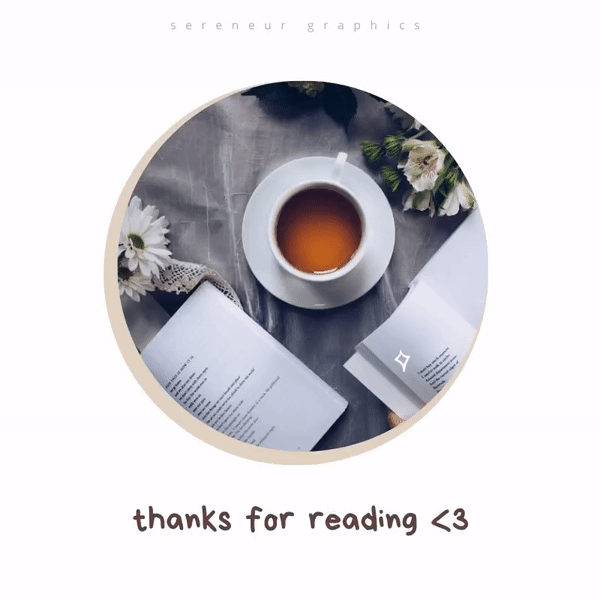A Binary ̶M̶u̶s̶i̶n̶g̶ Rant
January 2021
Perhaps it is the writer in me, but I believe words have an innate power within them. The most influential speakers in history speak their minds to spur others into action. Authors pull at their readers' heartstrings, nevermind if it's merely ink printed on paper. Even an offhand remark can plunge an entire episode of The Bachelor into knee-deep drama.
We like to perceive ourselves as thinking creatures that feel. But in fact, we are feeling creatures who happen to think. Our emotions are important. They are not only the reason for our survival, but our ability to enjoy life. Thus, it is natural to put emotional weight into everything we do, especially when we communicate. This might seem excessive, but it's natural to want to reflect the world in which we live. Life is complicated. So are our emotions, which serve to help us make nuanced decisions.
Yet it is given that we'd attempt to simplify these feelings. For society's sake, if nothing else, some mechanisms of life must be reinvented to suit our multitude of needs.
Thus comes in the idea of voting—the end product, if you will, of our emotions and thoughts. How do we feel about this person? What cause do we believe in? Such questions can feel intimidating or tiresome to answer. After all, it's not easy to put emotions into words. Conveniently, this can be tabulated into statistical numbers. Whether it is a class representative, a personality test or choosing our country's future leader, our emotions can be filtered into choices, and in turn put in neat little boxes. But I believe the biggest offender is the most common choice we face each day: the binary choice. Black or white. On or off. 1 or 0. Yes or no.
It is simple, effective, and necessary to keep civilization up and running. Now, I do not claim that it is impossible to create complexity out of simplicity. The two exist as a continuous cycle. Technology and literature, among others are examples of ways that we've used this cycle to our advantage.
It is when the cycle is broken that simplicity becomes a problem. A one-way street, if you will.
This may not happen often enough, or in ways so noticeable or significant that it demands your attention. You are right. Despite my boastful tone, I am not here to point out humanity's greatest undiscovered flaw—there are plenty of philosophers out there better suited for that task. Rather, I wish to inspect the micro problem.
When does simplicity in choice become a problem?
Imagine you are in class, as a child. You are among the several candidates who wish to become the class President. Your classmates vote, and in the end, you've gained exactly 0 votes.
As an adult, you may look back at this memory with mirth. You may reason maybe you weren't cut out for it. Maybe you didn't have the skills. Or, you may blame your predictable classmates who voted for the popular kid.
But as a child—and even as an adult, I'd imagine—that could be crushing. Even if the choice was perfectly rational, it'd be difficult not to feel hurt or rejected. Why? Because there, only two options were available—to vote, or to not vote for you. Your classmates may have thought many things of you—kind, uncertain, indifferent or sour feelings that were all watered down into a yes or no choice. Absolute validation, or complete rejection.
Perhaps you can see where I'm going. The amount of emotion, and therefore nuance that is erased when we are limited to two options becomes profound. There is no longer a grey area. There is no longer a chance to explain oneself, or understand the depth behind a situation. In this way, words are weak due to their complexity. Binary choices, on the other hand, are powerful in their deceptive simplicity.
Of course, this idea of feeling "rejected" in such a situation may seem trivial in the grand scheme of things. As I previously mentioned (and perhaps I should have stated this in the beginning), this can be viewed as a micro problem. One does not need to think that maybe, this extends far beyond a classroom setting and emotions. That the illusion of simplicity hides more dangerous things than a person's thoughts and feelings. That it is human nature to simplify, polarize and divide everything we come across into two baskets. Two extremes. Two sides that'll compete for supremacy until both collapse from exhaustion.
Well. This was...uncalled for. To conclude: Emotions are the driving force of everything. I implore that not only you listen to your emotions, but also act upon them accordingly. Recognize the many options before you, and choose wisely. Please.
(I can only pray that I'll never become an English teacher, or worse, a philosopher. My students would never hear the end of it--but you, dear reader, are in luck! You are free to do whatever you like, now. I am done. Oh, and worry not if you find yourself staring at that vote button in the corner. I promise you that as mind-boggling I made it out to be, sometimes choices are simple, and always will be. One of life's rare comforts.)
Heavily inspired by A Modest Proposal. (Thanks, English class.) I wanted to get the calm, snotty-nosed narrative voice.

Bạn đang đọc truyện trên: AzTruyen.Top